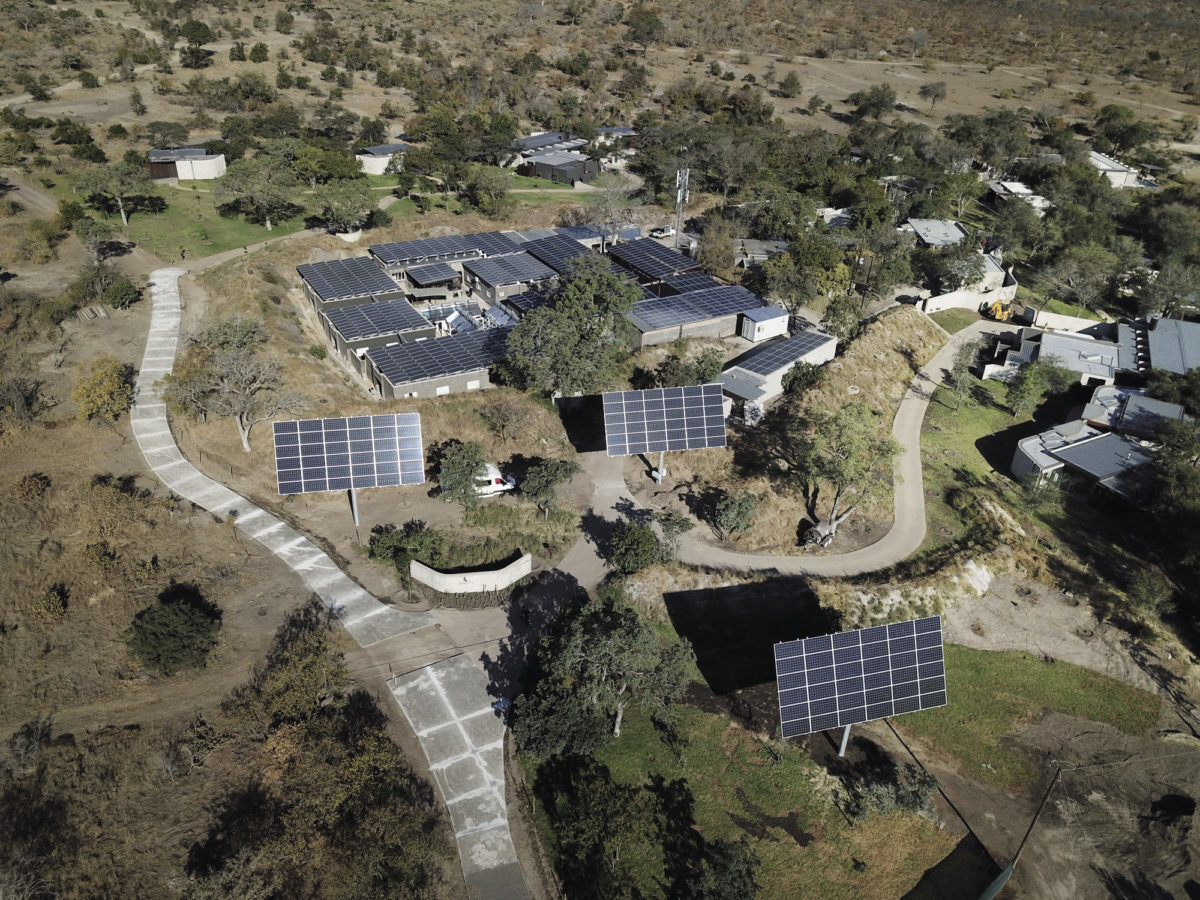From pv magazine global
The use of solar radiation databases and a solar simulator when designing solar-plus-diesel mini-grids could improve operation, costs and output, according to a study by researchers from Brazil’s Federal University of Santa Catarina.
The researchers said, whereas solar irradiation data is relatively important for urban, grid-connected PV projects, it is absolutely crucial for solar-diesel mini-grids in remote areas.
The Santa Catarina group said too much solar generation capacity in such grids could affect the stable operation of accompanying diesel generators even if it does bring fuel savings. Install too little solar, and your fuel bill goes up unnecessarily.
The researchers added, passing cloud cover has a much more destabilizing effect on solar-diesel mini-grids than on grid-connected equivalents as fluctuating PV generation can cause voltage and frequency oscillation, harmonics, voltage imbalance and commutation – current switching – problems.
Case study
The researchers presented the case study of a 12 MW mini-grid in Buritis, in the Brazilian state of Roraima. The group simulated the effects of hooking up a 99 kW hybrid solar-diesel power plant to the system using the five most widely adopted solar radiation databases and the two most popular PV simulation packages. “Different combinations of these two parameters led to considerably different results on both the PV installed capacity and the annual energy consumption, in some cases potentially affecting the technical performance of the diesel gen set,” the group stated.
The team analyzed 400 possible configurations for the hybrid power plant. “Evaluating the five options of solar radiation databases, for the same photovoltaic plant configuration, variations of up to 19.7% were found in the expectation [for] PV generation,” the researchers said. “When the simulation software package was varied, the combined effect … showed differences of up to 20.6%.”
Fuel savings
The solar power generation and mini-grid load demand profiles were identified as decisive factors determining the optimal ratio of generation source in such solar-diesel systems.
The Santa Catarina group concluded the use of a solar radiation database can be particularly useful not only for defining the right balance of a system but for achieving optimal generator operation and fuel savings. “The total savings in diesel fuel, over a 15-year period, ranged from $6.5 million to over $16 million … for the smallest PV system,” said the researchers.
The findings were described in The influence of the solar radiation database and the photovoltaic simulator on the sizing and economics of photovoltaic-diesel generators, published in Energy Conversion and Management and on the ScienceDirect website.
This content is protected by copyright and may not be reused. If you want to cooperate with us and would like to reuse some of our content, please contact: editors@pv-magazine.com.









By submitting this form you agree to pv magazine using your data for the purposes of publishing your comment.
Your personal data will only be disclosed or otherwise transmitted to third parties for the purposes of spam filtering or if this is necessary for technical maintenance of the website. Any other transfer to third parties will not take place unless this is justified on the basis of applicable data protection regulations or if pv magazine is legally obliged to do so.
You may revoke this consent at any time with effect for the future, in which case your personal data will be deleted immediately. Otherwise, your data will be deleted if pv magazine has processed your request or the purpose of data storage is fulfilled.
Further information on data privacy can be found in our Data Protection Policy.